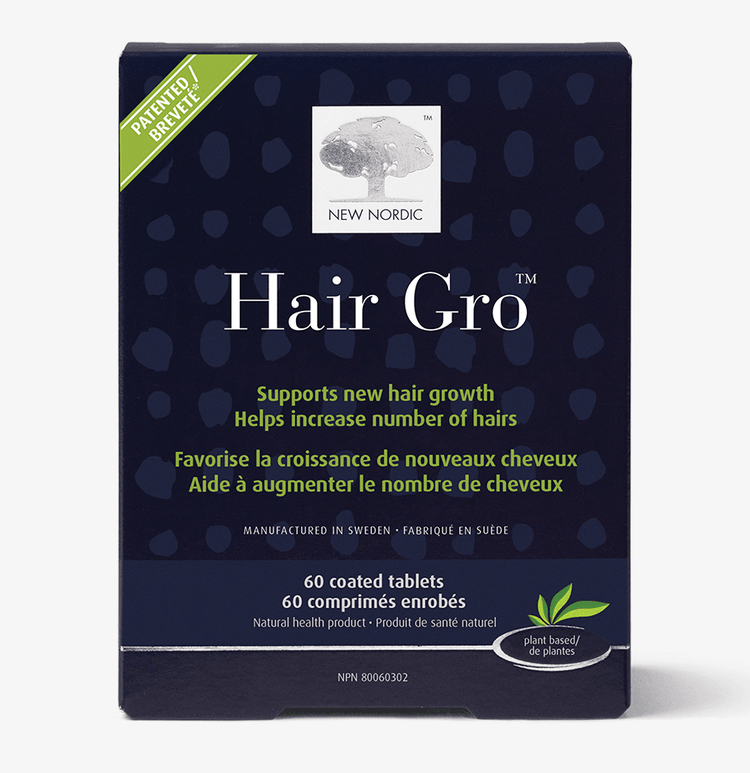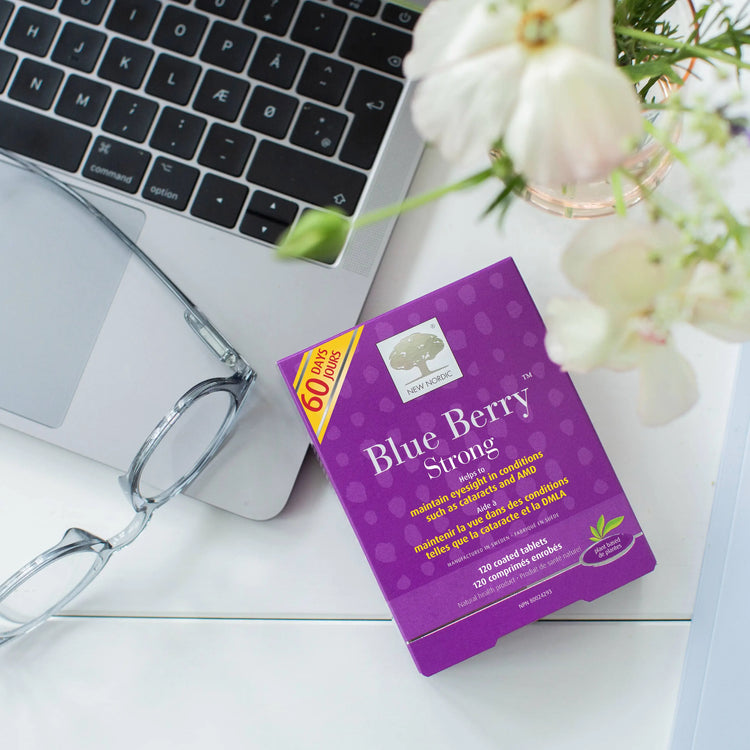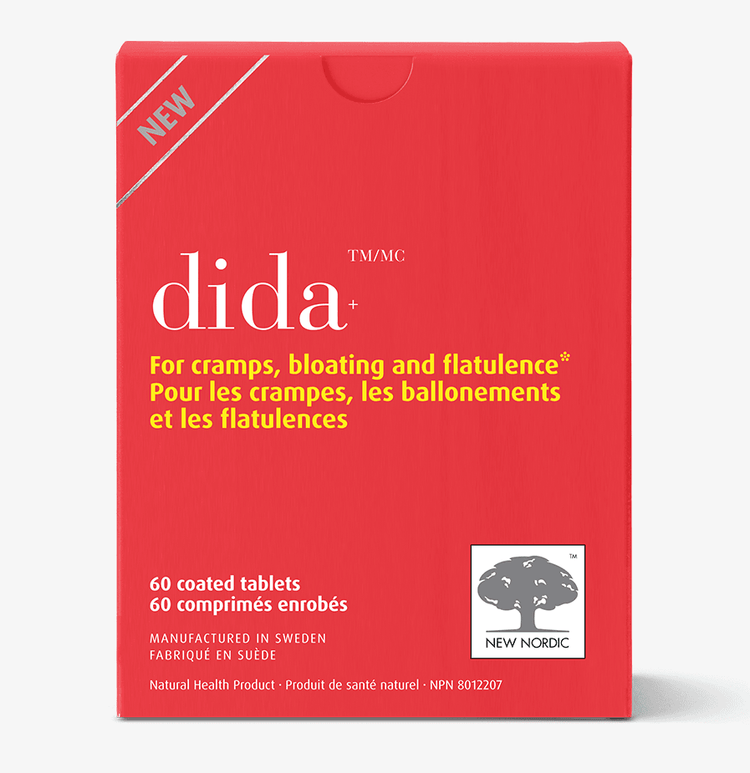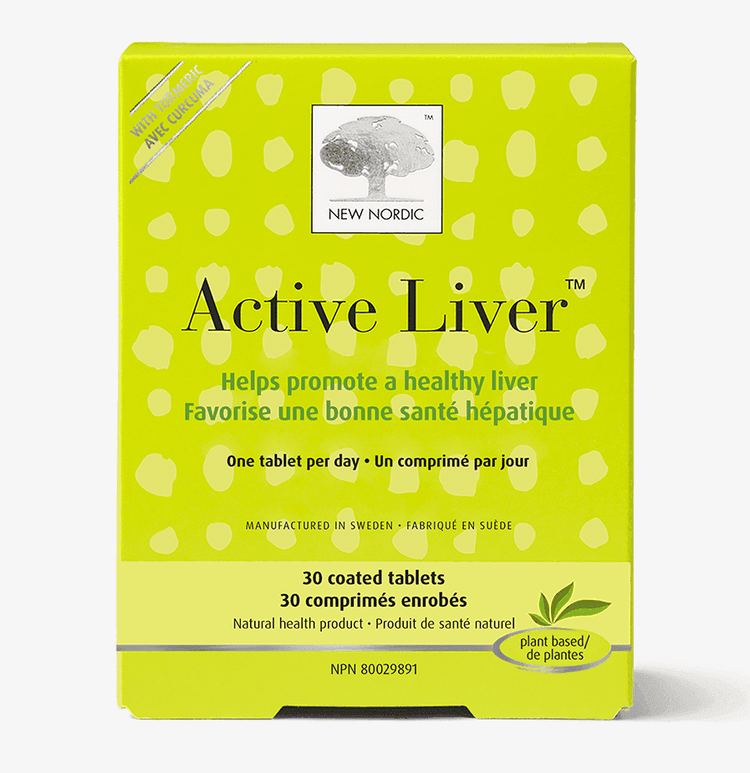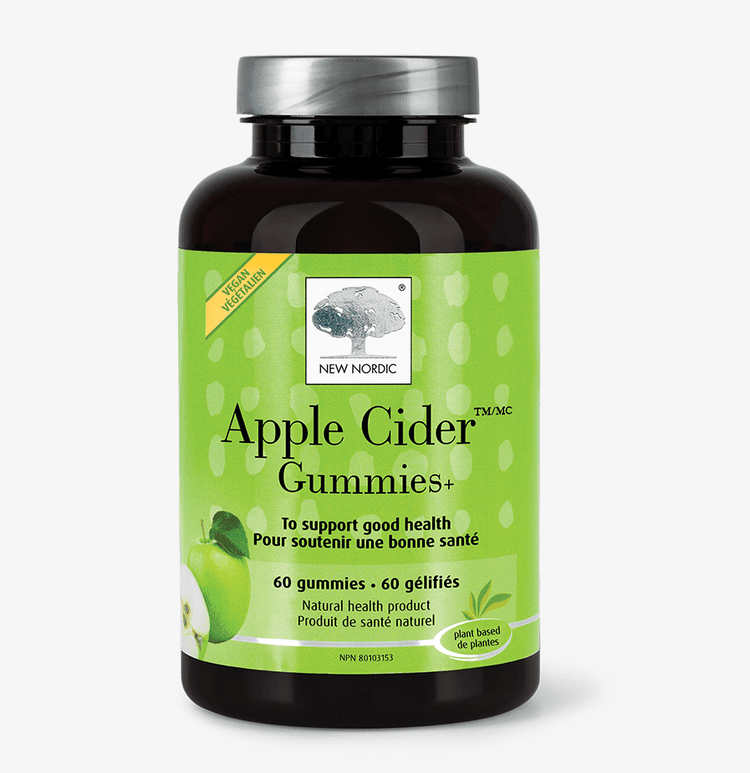The question is not necessarily how to get rid of Candida, but how to retain balance and manage levels. The fungus Candida albicans is not inherently dangerous, it is actually naturally present in our bodies! However, issues can arise when Candida overgrowth occurs, leading to uncomfortable symptoms like cramps, bloating, and flatulence. Fortunately, there are several herbs that can help prevent overgrowth and maintain a healthy gut microbiome. In this article, we’ll review Candida overgrowth, its potential symptoms, natural supplements you can take, and dietary alterations you can make to help inhibit bacterial imbalance in your gut.
What is Candida overgrowth?
Candida albicans is a type of yeast that is naturally found in our intestines, along with other beneficial bacteria. Normal concentrations of Candida aid nutrient absorption and digestion, however when the balance of microorganisms in the gut is disrupted, often due to a weakened immune system, poor diet, or the use of antibiotics, Candida can multiply, become overgrown, and cause issues.
Candida Overgrowth Symptoms
If you suspect you may be suffering fungal overgrowth, consult your healthcare practitioner. Candida overgrowth can be revealed via various symptoms, including:
- Digestive Problems: Cramps, bloating, gas, and diarrhea are very common symptoms of Candida overgrowth. Usually these beneficial bacteria help you metabolize food, but a bacterial imbalance or Candida overgrowth can lead to excessive gas production and consequently bloating and flatulence, causing painful cramps after meals.
- Skin Problems: Skin issues like rashes, eczema, and itching can occur with Candida overgrowth due to the disruption to the skin's natural balance.
- Mental Health: Some studies suggest a link between Candida overgrowth and mental health issues like anxiety and depression. The possible connection between gut health and mental health via the gut-brain axis is presently witnessing a surge in research and conversation, and is in a period of thorough investigation.
- Worsen Pre-Existing Conditions: Digestive diseases like ulcerative colitis and Crohn’s disease are thought to worsen when the body is dealing with Candida overgrowth.
Natural Remedies for Candida Overgrowth
Luckily, the earth provides us with several natural herbs that have been shown to help prevent overgrowth and mitigate undesirable symptoms. Here are some of the most famous and effective:
- Garlic: Garlic is well-known as a nutrient-dense plant capable of numerous health benefits, wielding antibacterial and antifungal properties through a compound called allicin. Consuming garlic regularly can help manage blood sugar levels and reduce Candida levels.
- Cinnamon: Cinnamon has antimicrobial properties that can help inhibit the growth of Candida. It, like allicin in garlic, helps regulate blood sugar levels, which can be beneficial since high sugar levels create an environment where Candida thrives.
- Oregano: Oregano oil is another powerful antifungal agent that can help combat Candida overgrowth. Some studies demonstrate its ability to cut through the biofilm Candida can form over cells and surfaces. It is powered by terpenoid phenols called carvacrol and thymol, which research shows is effective against Candida albicans and other pathogens.
Candida Supplements in Canada
Dida’s high-quality formula provides proven garlic, cinnamon, and oregano to limit the growth of fungi and bacteria, with soothing calendula helps relieve inflammation in the gut. Relieve mild gastrointestinal cramps, bloating, and flatulence with Dida+™. These dairy-free, gluten-free, vegan, and non-GMO tablets also employ other anti-fungal herbs like thyme, olive leaf, and clove flower buds for robust yet completely natural support to candida symptoms.
Consult your healthcare practitioner and always read and follow the label.
Dietary Changes to Prevent Candida Overgrowth
Working in conjunction with New Nordic's Dida+™, many swear by the “Candida cleanse” or “Candida diet”. This diet instructs to cut out foods that fungus thrives on, such as sugar, white flour (bread, pasta), and cheese, and replace them with whole foods. Prioritize getting lots of fiber via fruits and vegetables, drinking plenty of fluids, reducing sugar and simple carbohydrate intake, and getting regular exercise. Following this diet in addition to supplementation can help create a less favorable environment for Candida and limit growth for a healthy and balanced gut.
Conclusion
Overgrowth of Candida and other fungi and bacteria is unfortunately common and can cause very uncomfortable symptoms, but relief can be found through natural remedies like the garlic, cinnamon, and oregano in Dida+™. By incorporating supplementation of these herbs into your routine and making dietary and lifestyle changes, you can support a healthy balance of gut flora and reduce the symptoms associated with fungal overgrowth.

